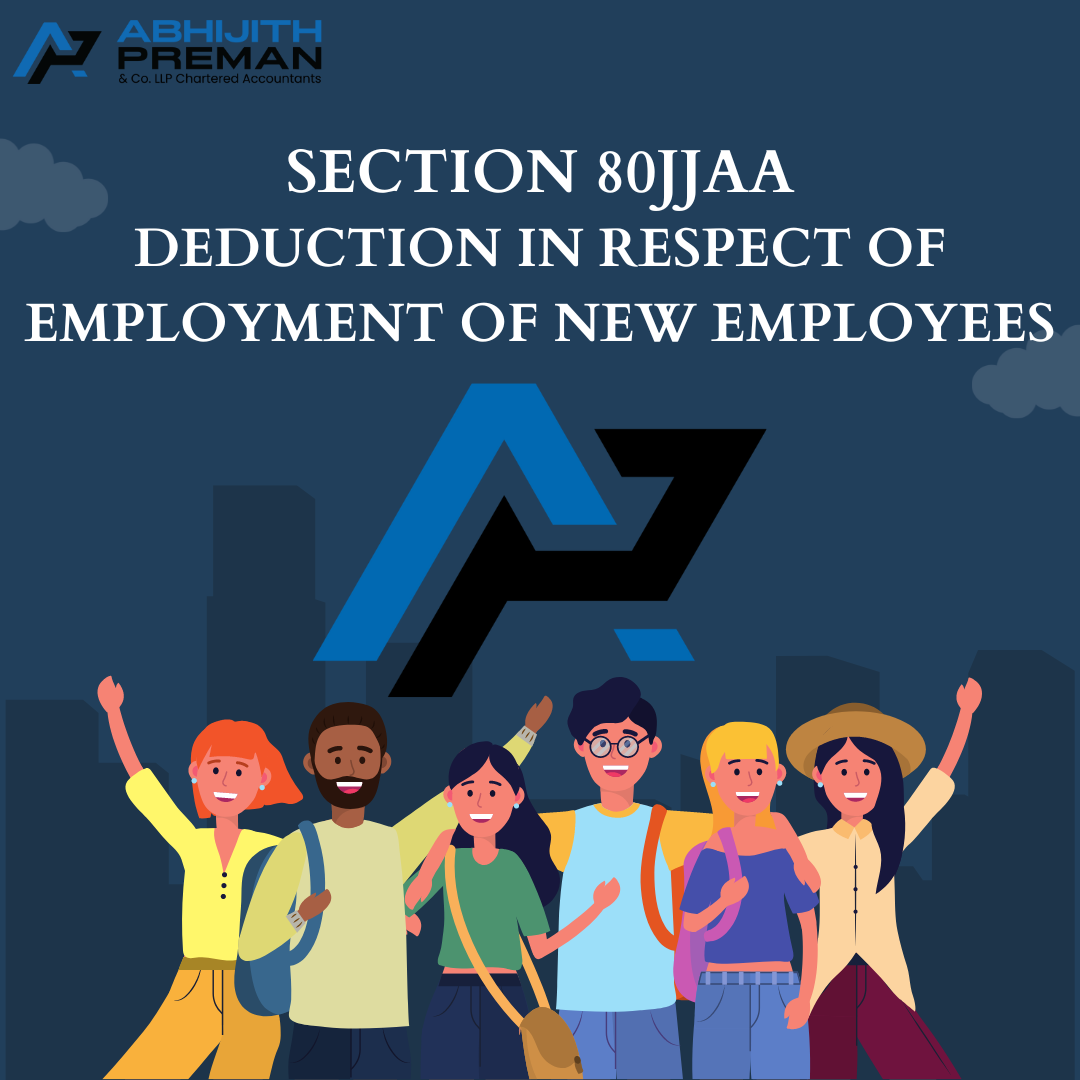
Conditions
Section 80JJAA provides an additional deduction of 90% over a period of 3 years on the salary paid for new employees in addition to the actual salary expenditure on new employees. However, there are a few conditions to this;
- You need to file an ITR within the due date and submit a CA report in Form 10DA.
- Your business should be solely yours and not acquired from any other person; it should not be the result of a business reorganization.
- You should not form a business by splitting up or reconstructing any other existing business. However, if you have re-established, revived, or reconstructed the business, you can claim this deduction.
- Your business should be operational for at least 240 days in the previous year.
- It should have employed at least 10 employees in the previous year.
- The business shouldn’t have claimed any deduction under Section 80JJAA in the previous year.
What is Additional Employee Cost?
The additional employee cost means the total salary and other benefits paid or payable to the additional employees employed during the last financial year. The additional employee cost shall be zero if;
- there is no increase in the number of employees from the total number of employees employed as of the last day of the preceding year
- salary and benefits are paid in cash.
Who is an Additional Employee?
"Additional employee" means an employee who has been employed during the financial year and whose employment has the effect of increasing the total number of employees employed by the employer as of the last day of the financial year. The additional conditions are;
- The employee should earn a total salary of not more than Rs. 25,000 per month.
- He/she should be employed for more than 240 days in the previous year.
- The employee should have participated in a recognised Provident Fund like casual workers, etc.
- The Government shouldn’t have paid the entire contribution of the EPF scheme to the employee.
